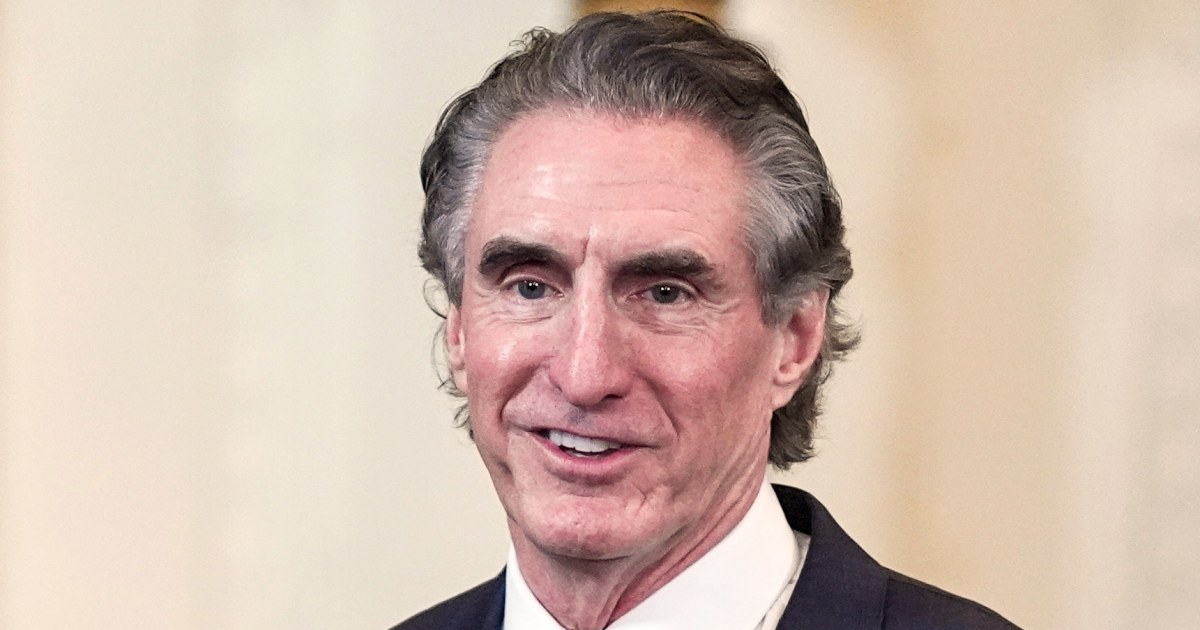REI’s Apology: Unpacking the Controversy Over Doug Burgum’s Nomination
Outdoor retail giant REI has issued a public apology for its initial support of North Dakota Governor Doug Burgum’s potential nomination as U.S. Interior Secretary, sparking a heated debate about corporate political endorsements. The move, announced on June 12, 2024, came after backlash from environmental groups and customers who criticized Burgum’s record on climate change and public lands. REI’s reversal highlights the growing pressure brands face to align with their customers’ values amid polarized political landscapes.
Why REI Faced Backlash Over Burgum
REI initially endorsed Burgum, a Republican governor with ties to the oil industry, citing his “pragmatic approach” to conservation. However, critics quickly pointed to Burgum’s support for fossil fuel development and his signing of laws restricting protests against pipelines—policies at odds with REI’s sustainability ethos. Within 48 hours, a petition condemning the endorsement garnered over 50,000 signatures, while social media erupted with #BoycottREI hashtags.
“This was a misstep for a company that prides itself on environmental stewardship,” said Dr. Laura Chen, a political science professor at the University of Washington. “Corporate endorsements are increasingly risky, especially when they contradict a brand’s core identity.”
Key points of contention included:
- Burgum’s 2023 veto of a bill requiring carbon neutrality in state buildings
- North Dakota’s 400% increase in oil production during his tenure
- REI’s own Climate Pledge, which commits to net-zero emissions by 2030
The Growing Scrutiny of Corporate Political Alignments
REI’s apology reflects a broader trend where companies face intense scrutiny for political associations. A 2023 Harvard Business Review study found that 68% of consumers now expect brands to take stands on social issues, yet 53% will abandon those that misalign with their values. The stakes are particularly high for REI, whose customer base skews progressive.
“There’s no neutral ground anymore,” noted corporate reputation strategist Mark Delgado. “Silence gets criticized as complicity, while endorsements risk alienating segments of your audience. REI learned this the hard way.”
Other brands have faced similar reckonings:
- Patagonia’s successful 2020 lawsuit against Trump administration public land policies boosted its credibility
- Yet L.L. Bean faced boycotts after its founding family supported Trump in 2016
- Nike’s Colin Kaepernick campaign saw both backlash and record sales
REI’s Damage Control Strategy
In its apology, REI emphasized its “commitment to protecting public lands” and pledged to “listen more closely to our community.” The company announced three concrete steps:
- Withdrawing support for Burgum’s nomination
- Doubling its lobbying efforts for federal conservation bills
- Creating a customer advisory council on political engagement
While some applauded the response, others questioned its timing. “This wasn’t principled—it was reactive,” argued climate activist Jordan Reese. “Real leadership means vetting these alliances before they become PR disasters.”
The Broader Implications for Corporate Activism
The incident raises critical questions about how companies should navigate political endorsements in an era of heightened polarization. Experts suggest several best practices:
- Alignment audits: Compare potential endorsements against brand values using measurable criteria
- Stakeholder input: Engage employees and customers before major political decisions
- Transparency: Clearly communicate why specific alignments do or don’t reflect company positions
As 2024 election campaigns intensify, more brands will likely face these dilemmas. REI’s experience serves as a cautionary tale about the risks of miscalculating customer expectations.
What Comes Next for REI and Corporate Advocacy
The retailer now faces the challenge of rebuilding trust with environmentally conscious consumers. Industry analysts will watch whether this incident affects its bottom line—REI reported $3.85 billion in 2023 revenue, with 45% coming from customers who identify as “very progressive.”
Looking ahead, expect:
- Increased pressure on outdoor brands to adopt stricter political vetting processes
- More collaborative approaches between corporations and advocacy groups
- Potential legislation requiring disclosure of corporate political contributions
For consumers, this controversy underscores the power of collective action. “Your wallet is your vote,” reminds Chen. “Companies respond when enough people speak up.”
Want to influence corporate decision-making? Research brands’ political ties at OpenSecrets.org before your next purchase.
See more Business Focus Insider Team

